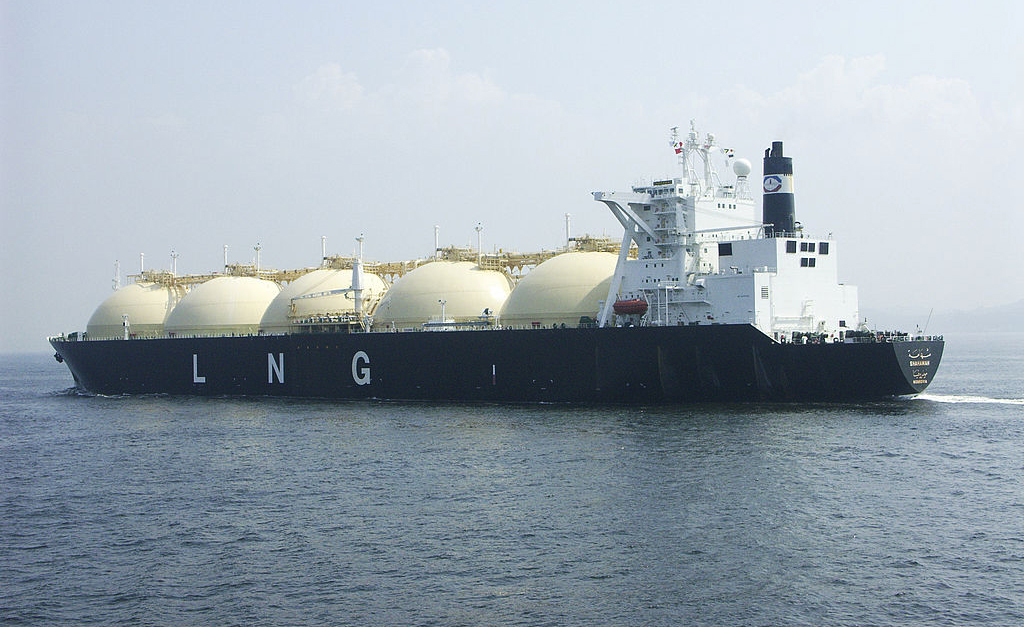LNG, all Qatari agreements to gas Europe and China

Together with ConocoPhillips, Qatar will supply LNG to Germany for fifteen years. Beyond the volumes, the agreement is a symbol of an important rethinking in Berlin. All the details
Qatari state energy company QatarEnergy and US oil company ConocoPhillips today signed two purchase and sale agreements for the supply of liquefied gas (LNG) to Germany .
QUANTITY AND TIMES
The agreements provide for a supply, starting from 2026, of two million tons of LNG per year for a period of at least fifteen years.
ORIGIN AND TRANSPORT
The raw material will come from the North Field East project, the first phase of the expansion plan of the large North Field gas field, shared between Qatar and Iran (which calls its portion South Pars).
The LNG cargoes will depart from the Qatari industrial city of Ras Laffan, north of Doha, and arrive at the Brunsbüttel floating regasification terminal in Germany, on the North Sea: the plant is still under development.
Transportation by ship will be handled by a Qatari subsidiary of ConocoPhillips.
OTHER DEALS IN SIGHT?
QatarEnergy chief executive Saad al-Kaabi referred to the deals as the "first long-term supply of LNG to Germany". He said there were ongoing negotiations with other German companies – perhaps RWE and Uniper – for additional volumes of fuel.
IS GERMANY CHANGING ITS MIND ABOUT LONG-TERM CONTRACTS?
The agreement with Qatar will cover just 6 per cent of the quantity of natural gas (46 billion cubic metres) that Germany imported last year from Russia, its historical supplier of reference from which, however, it has started a process of energy detachment after the invasion of Ukraine.
The agreement with Qatar is not so important for the volumes as for the change of mentality in Berlin that could have led to his signing.
Germany, like many other European countries, is in fact generally opposed to long-term gas agreements because it imagines that the transition to clean energy will soon reduce the demand for fossil fuels. Recently, however, Economy Minister Robert Habeck said he was not against twenty-year supply contracts in principle, as long as the companies take into account the evolution of the energy market: what he means is that the quantities of gas "booked" today could struggle to find a market tomorrow, if renewables were to impose themselves on traditional sources.
It may have been the awareness of international competition for LNG that softened Germany: competition between buyers, especially after the entry of the European Union on the market, is high; however, the supply of fuel is limited, investments in new capacity are limited and the volumes available (that is, not contracted) could become less and less.
THE LNG AGREEMENT BETWEEN QATAR AND CHINA
The one with ConocoPhillips comes a few days after the mega-agreement between QatarEnergy and the Chinese petrochemical company Sinopec. The start date of deliveries (2026) is the same, but not the duration (fifteen years in the case of Germany, twenty-seven in the case of China) nor the volume of supplies (two million tons per year against four).
– Read also: Here are the Italian companies that scored at the World Cup in Qatar
This is a machine translation from Italian language of a post published on Start Magazine at the URL https://www.startmag.it/energia/qatar-gnl-germania/ on Tue, 29 Nov 2022 14:30:37 +0000.
